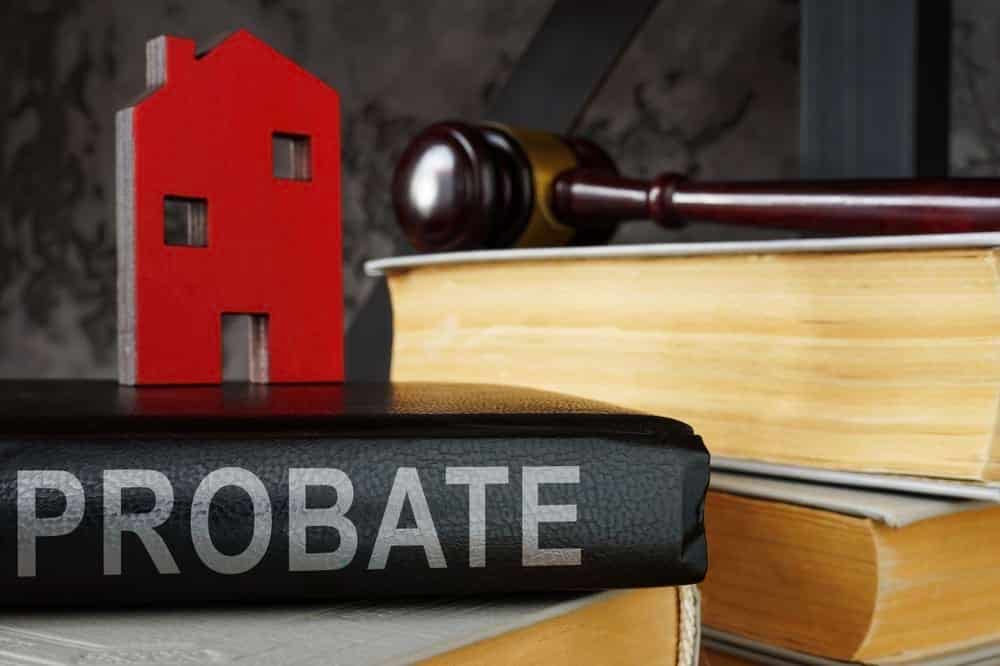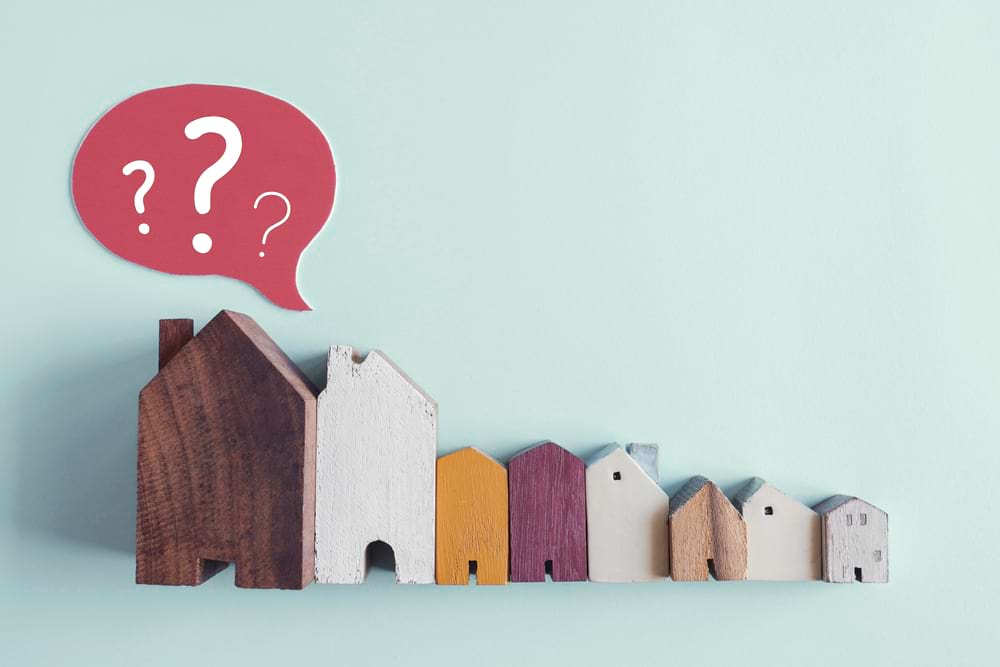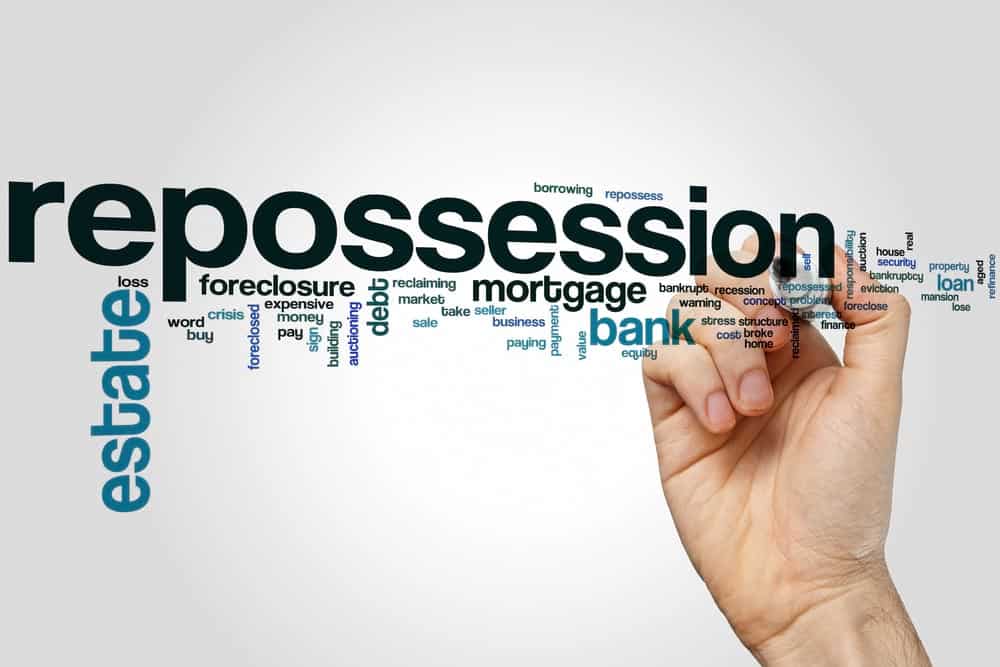Choosing the right estate agency is crucial to selling your house fast and smoothly.
When you ask the right questions, you can unearth any secrets and potential nasty surprises…
We’ve compiled a list crucial questions to ask your potential estate agent before signing a contract with them.
Keep reading for everything you need to know.
1. How much do you charge?
Estate agents fees vary between different agencies.
Most high street estate agencies charge commission on the sale of your house, which can be anywhere between 1% to 3% (or sometimes even higher).
This is a large amount of money, and even the slightest percentage difference can make a difference of thousands of pounds.
You should get clear information on what the estate agent charges and compare these to your other options in the area.
Of course, sometimes the best estate agents charge a higher percentage – and you may consider this worthwhile because they can get you a better price and a smoother experience.
2. Do I pay a fee if the sale breaks down?
It is only sometimes your fault if a property chain breaks down. For example, if you are part of a long property chain, then a failure anywhere along that chain can sometimes cause your deal to collapse.
Since this is common, knowing what will happen in this situation is worth knowing. Do you pay a fee to your estate agent, or can you walk away without repercussions? You should watch out for details like this in the estate agent contract.
On a separate note, remember that even if your estate agent does not charge a fee for a sale breaking down, your conveyancer is still likely to. This should be factored into your calculations.
3. Are there any hidden costs?
No one likes an unexpected fee, but in some unfortunate situations, estate agents may hide them.
So, it’s important to address this subject head-on and ask your estate agent whether any hidden costs are involved in your agreement.
It is also advisable to review the contracts yourself and take care to read the small print, just in case there is something hidden away. If you have a solicitor available to help you, this might also be useful.
Speaking to former estate agent customers, though, may also give you a good idea about whether hidden costs are likely.
4. How do you plan to market my home?
Your estate agent’s marketing plan can significantly influence the number of enquiries you receive and the time it takes to sell your house.
If their strategy is limited to listing the property on Zoopla and Rightmove without any additional efforts, you might find this approach unsatisfactory.
On the other hand, some of the best estate agents produce printed brochures to hand out to clients and also contact their pre-existing network of potential buyers in the area to find out if they are interested.
Putting a ‘for sale’ sign outside the front of your house can help generate enquiries, too.
5. How quickly do you sell properties like mine?
Each estate agent will vary in the average time it takes them to complete a sale—whether they like to admit it or not.
Some companies are more efficient than others, and asking your estate agency to explain their previous selling times (for similar properties) can give you a sense of what’s in store.
You can also speak directly to former estate agency customers to find out how long it took them for the sale to be completed.
However, this might not always be an accurate reflection because market conditions change, which can have a major impact on the number of people looking to buy a house.
Their answer should factor in:
- The type of property
- The location
- Recent national and local market conditions.
6. Do you have any satisfied clients I can speak to?
If your estate agency is good, they should have no problem referring you to previous customers who have been satisfied with their experience.
Alongside direct conversations with past clients, you may also want to check the online reviews for your estate agency to see what people say about the company.
If they have lots of positive feedback, this may put you at ease – but if most customers are expressing disappointment, it may be time to reconsider.
Often, people choose an estate agent based on a positive recommendation from a friend. After all, if you trust this person’s opinion, then you may also trust their choice of estate agency.
7. What is your experience selling houses within the area?
The experience of selling houses varies by location.
Depending on where you are, there will be different values of properties, varying demographics of the ‘typical’ buyer, different local features that should be focused upon when selling the house to entice buyers in, and more.
If your estate agent has extensive experience in the neighbourhood, this is a positive thing. It likely means they will have a network of potential buyers in the area whom they can contact immediately to discuss your house.
It also means that they understand the location’s standard ‘attractive features’ and any concerns that may need to be addressed.
In short, a clear understanding of the local area is crucial for selling houses.
8. Who will my point of contact be?
Although you might initially contact an estate agency because of its excellent reputation, it will usually be just one sales negotiator you are dealing with.
Getting to know this individual before committing to an agreement is a brilliant idea, as it will impact your experience as much as anything else.
9. Do you already have a network of potential buyers who might be interested?
Suppose your estate agent is experienced in the local area. In that case, this can significantly speed up the selling process because they may already have a network of people looking to purchase in the local area.
Sometimes, you can sidestep the ‘listing on the market’ process if a buyer can be found almost instantly. When a fast selling process is essential to you, this is a crucial question to ask.
10. Can I see examples of your printed brochures?
Printed brochures are another essential part of the house-selling process.
An estate agency’s marketing is crucial to enticing potential buyers, so you will undoubtedly want to see examples of their printed brochures. This is one of the main sales tools that will be used.



















